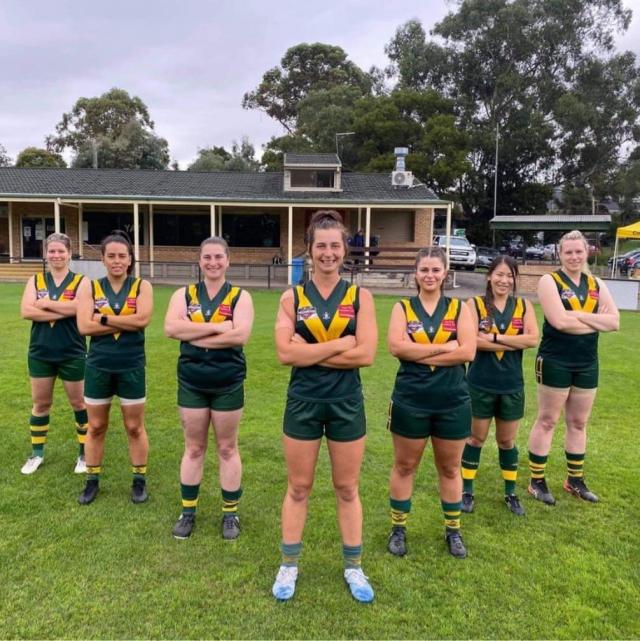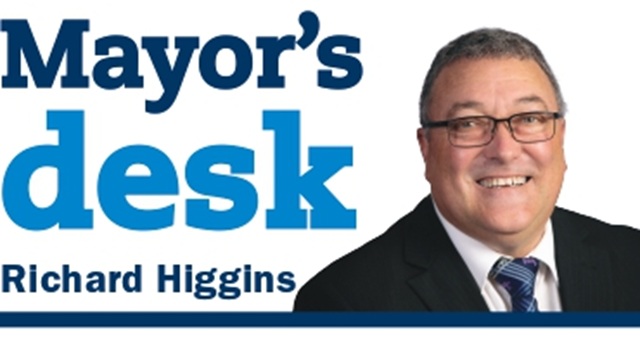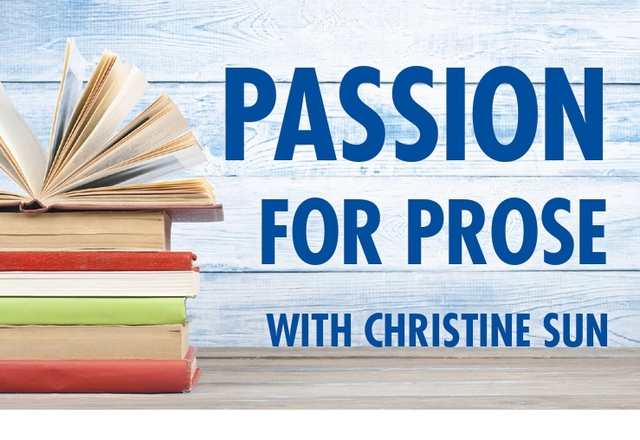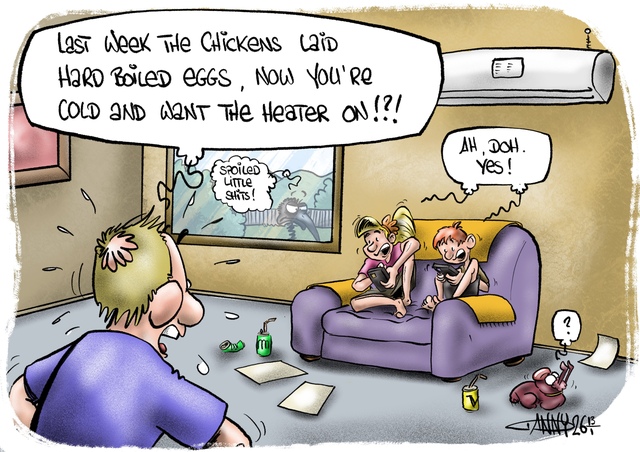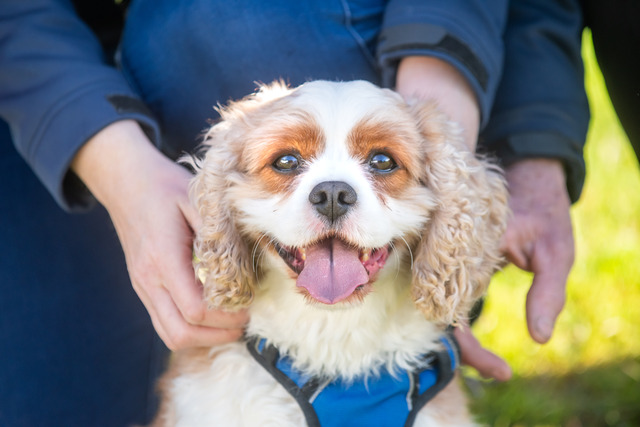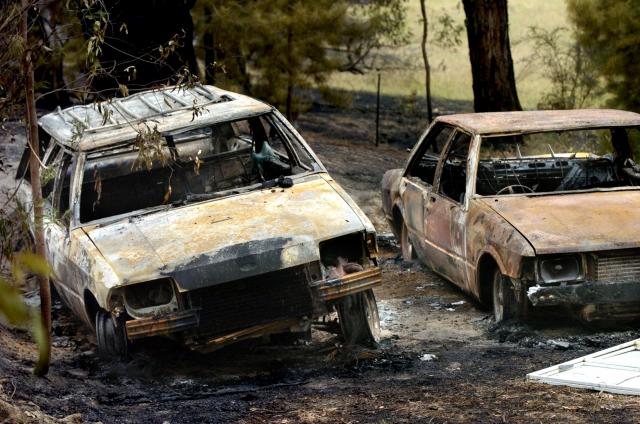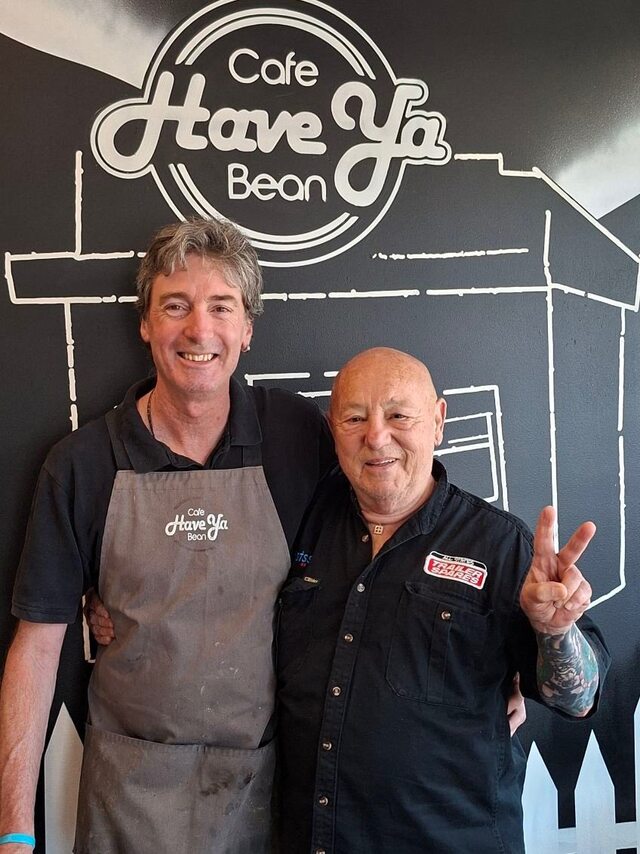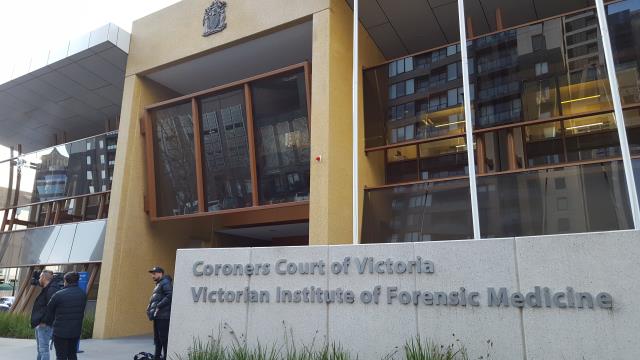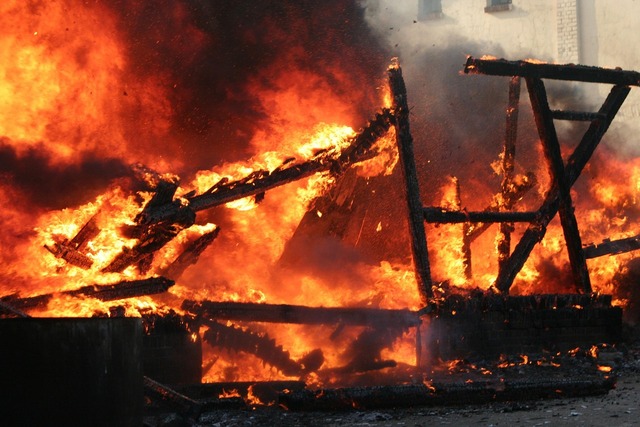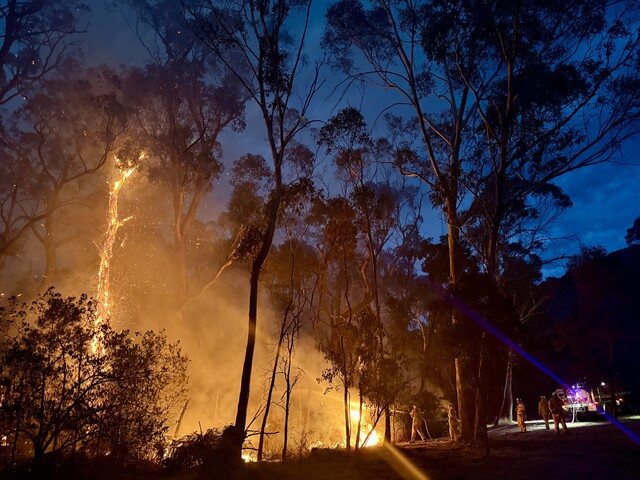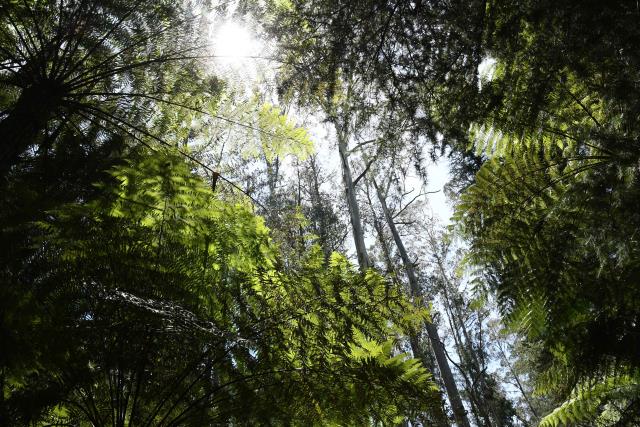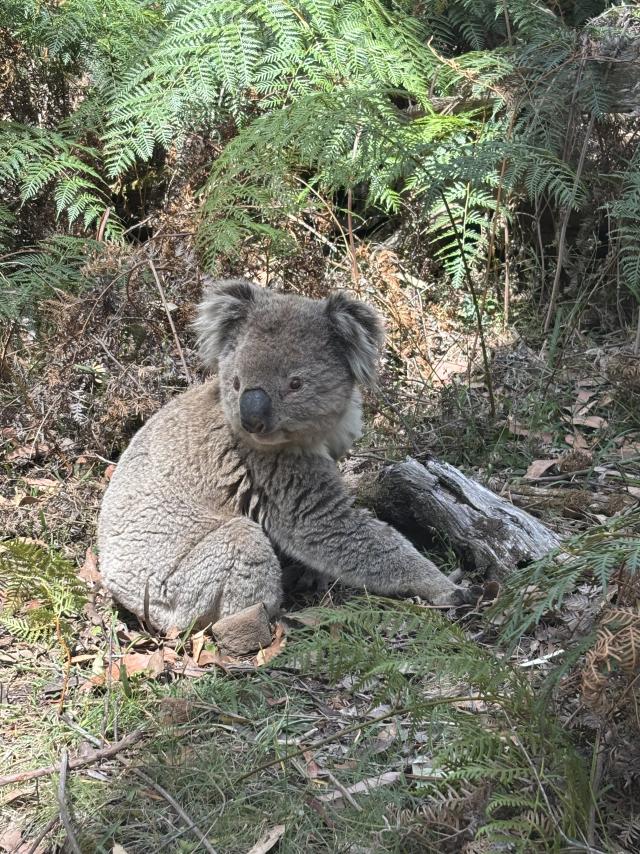Poor social media presence in women’s football has been brought to the forefront while the final games are currently being played out in Outer East Women’s Football finals.
The CEO of the Outer League Football and Netball was contacted by a player unhappy with how the league has been managing the social media presence of the women’s football team.
Seville club player Jamee Cousens said she wants to feel equal, not just a minority when she is represented online.
“I feel like while the league has made a place for women, they haven’t celebrated them,” she said.
The Outer East Facebook page also had a number of complaints posted online on the weekend of 29 and 30 July about a noticeable lack of scoreboards being posted for the women’s games.
Ms Cousens emailed the CEO directly on Sunday 30 July and said that it’s not just local people, it’s people from outside the teams who have noticed.
CEO of the Outer East FNL Brett Connell said in response the league have a third party that provides social media for them which is under contract.
“Most of the women’s footy falls outside the time where they [the third party] finish up,” he said.
Mr Connell said the social media issue had been raised prior to the recent public scrutiny by the Women’s Advisory Group that he and other members of the league is a part of.
“We could have been on this in a more timely manner, but we have addressed it now,” he said.
The Outer East released a two-page statement on Wednesday 2 August addressing the issue.
“…While some Women’s matches are completed earlier in the day the majority are completed after the cut-off time we have contracted with our partner, which does not allow for us to provide this service across our Women’s competition currently…”
Mornington Peninsula Football and Netball Club Women’s director Harvey White has also observed the Outer East FNL’s lack of posts covering the women’s sport.
“I met Jamee online because I was actively looking for pages that support women’s football,” he said.
Mr White said balanced representation also relies on the clubs themselves promoting and sending into the outer league.
“You’ll then see more representation by them at the league level because they’re sending that information in,” he said.
Mr White said that at the club in Mornington, they have really tried to “build a program that gives women every opportunity that men’s football has.”
“It’s a relatively new thing but as long as you stay positive, it will build,” he said.
The Outer East FNL has received prior contact in 2020 from Ms Cousens regarding social media and representation for women – when she had previously played for Yarra Junction.
Ms Cousens said at the time she highlighted to the league that season reviews were not balanced – a fact which was particularly noticeable in the year 2020 when the Yarra Junction Women’s team performed really well and made it to the grand final.
“There was the season review which was this huge lengthy article and we only had one sentence dedicated to our team,” Ms Cousens said.
Community members and family have also recently told Ms Cousins that if they didn’t already know that the women’s teams were present in the league, they wouldn’t know they were there based on the social media presence they have.
“There are 12 women teams and if you go through their Facebook page there is very little mention of that,” she said.
“They’ll do a team of the week, and they’ll pick out players or men’s players and netball players across the whole division and create the team of the week and the women’s football is never getting anything like that.”
Other sporting leagues in Victoria have not appeared to have the same gap in presentation, many with a dedicated social media presence for women.
“Our neighbouring league, the Eastern Football Netball League, it is unreal the difference, they post their ladders,” Ms Cousens said.
“It is completely different and it seems incredibly inclusive. Everyone is portrayed as equal and it is what I would expect from our league.”
Mr Connell said he acknowledged the process of representing women in football is a process.
“It’s a journey we go on. Every day, we want to improve how we represent our female community, which is continuing to grow,” he said.
Ms Cousens said that the players just want to be fairly represented by the club and that with all the progress that has been made, there is still work to be done.
“If people know there are local women’s teams around, more people can get involved,” she said.
The Outer East FNL has stated it would cover the upcoming finals and rectify the issue in the coming year.
“Outer East Football and Netball acknowledge that the recognition, display and distribution of Women’s results have not been to an acceptable standard in 2023. We apologise for this and commit to making improvements across our Women’s finals and for the 2024 season to rectify this important matter.
Equal participation and representation across all levels of community football is one of the key aims by the AFL outlined in its ‘Women’s Football Vision for 2021 – 2030’ document and social media is an important part of that representation.
Ms Cousens said the apology only addressed one part of the social media and representation issue and she would like to see more from the league.
“With how far we’ve come. It just doesn’t seem fitting that we are where we are,” she said.

